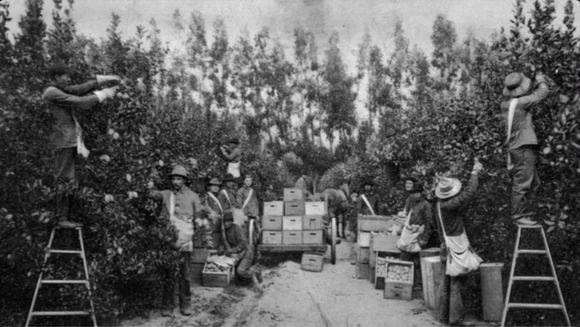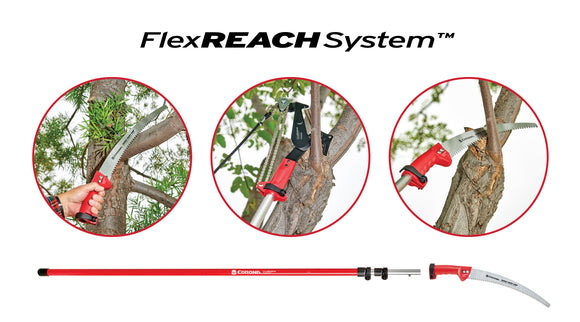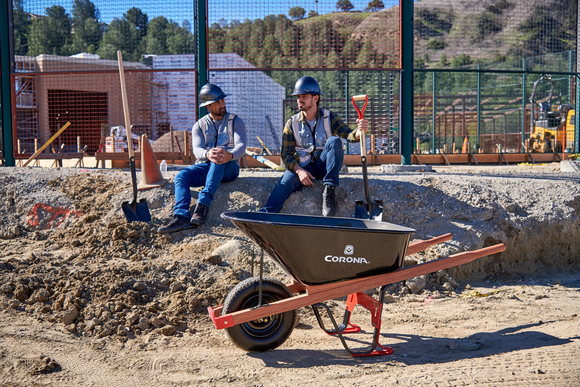We don't just craft tools— we cultivate legacies.
We are a company steeped in history, and our story dates back to the late 1920s. Today, Corona® Tools stands tall as an industry leader in professional and consumer tools, with each of our products showcasing the result of decades of proven design, forged through quality manufacturing processes. But we also believe that our tools are more than what they’re made of—they have the power to become loyal companions for contractors, dependable allies for agricultural professionals and trusted partners for avid gardeners. They stand as a reminder to our customers, helping them rediscover who they are, season after season.
Our heritage
Founded in the late 1920s, Corona® Tools began when a schoolteacher recognized the need for a citrus tool that didn't damage fruit in the field. He thought that if the fruit could be picked with a cutting tool, rather than being pulled, it would retain its button, leaving behind fewer damaged fruit. To accomplish this, the tool would need to have a curved shape to eliminate stem fragments and minimize damage. He turned his idea over to the local citrus community and a skilled blacksmith to bring the design to life—and the "9B Orange Clipper" was born.
Today, Corona Tools is a leader in professional and consumer tools for the lawn and garden, landscaping, irrigation, construction and agricultural markets. Our proven designs, quality manufacturing processes and unparalleled customer service make our tools the best choice for contractors, agricultural professionals and avid gardeners.


LEADERS IN INNOVATION
For almost a century, Corona has worked tirelessly to craft innovative features and products that avid gardeners and pros can rely on for maximum productivity, durability and comfort, including: the “9B Orange Clipper” in 1928, RazorTOOTH Saw® technology in 1990, ComfortGEL® handles in 1995 and the FlexREACH System™ in 2023—to name a few.
That same innovative spirit lives on in the creation of new products, which are crafted to address the unique needs of customers that depend on durable hand tools to complete their jobs with confidence. From our latest professional line of wheelbarrows to our new boron steel shovels, our skilled and dedicated engineers take the time to carefully consider user feedback to ensure every element of design performs with the same relentless vigor that defines our customers.


The Venanpri Group
Corona is a part of Venanpri Group, a global leader in the manufacturing of agricultural wear parts and a leading provider of hand tools for the agriculture, construction and gardening markets in Europe, North America and Latin America. Venanpri Group manufactures and distributes tools under the company's family of brands, including Bellota, Corona and Burgon & Ball. Learn more at www.venanpri.com.
